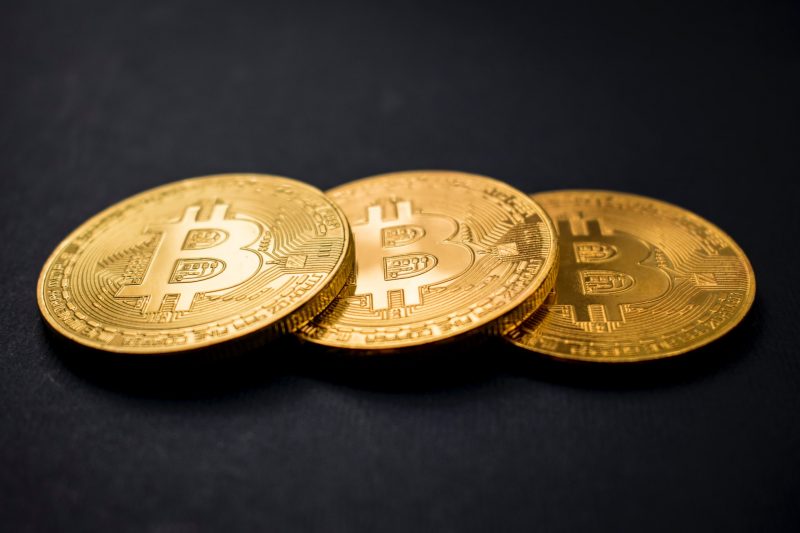Popular Posts
Big Wall Street banks have made waves in the financial media of late by starting to offer cryptocurrency to their clients.
Chief among these has been Bitcoin, the digital currency that spent years as a strange, cryptic joke before soaring in value, crashing spectacularly, then soaring again. At this writing one Bitcoin was worth $55,000, down from above $60,000.
That’s quite a move from less than $4,000 in late 2018 and the nearly zero worth the coin had in its early years. As the story goes, back then one investor spent his Bitcoin on a takeout pizza. Now you could buy a high-end car with one.
So is Bitcoin an investment or a currency? That’s a question that has befuddled regulators for some time.

The Securities and Exchange Commission (SEC) considers Bitcoin a “store of value,” like regular paper money or, perhaps more accurately, gold. The IRS considers it property, like a painting or an acre of land.
Yet lots of Bitcoin buyers consider crypto an investment that they can use to create wealth by buying it at a low price and, presumably, selling at a high price later on.
So what makes an investment an investment, normally? One definition, usually applied to stocks, is that an investment produces a return on capital.
Say you open a small business and it becomes successful. Day in and day you are able to buy raw material and turn it into a product which sells for more than the raw materials and your labor. And, crucially, people want to buy it.
That’s a business. Now say someone with a lot of cash looks at your business and decides to help you expand it dramatically. She buys a part of your small business and gives you good advice on how to increase your profits.
Over time your small business becomes quite big. So you and your partner decide to sell it to an even larger company and walk away with the proceeds. Your business has become, retroactively, an investment.
And that’s what the stock market is, a chance to efficiently be a supplier of capital that allows small companies to grow big, with the goal of selling your interest in those companies later on, when they’re bigger.
So is Bitcoin like a stock? Not really. There’s no product, no output, no increase in size of operations or efficiency. It produces no income, no societal value.
If someone offers you more for your Bitcoin than you paid for it, that’s great for you. But then that person is stuck unless they can find someone else willing to pay even more.
There’s some attractiveness to this idea in the sense that Bitcoin is artificially scarce. Like gold, we know how much there is and how much more we can expect to see in the future. Unlike gold, Bitcoin has an actual hard ceiling in terms of new coin output.
Yet you still need new buyers to relieve you of your invested cash. If no new buyers appear, the price of Bitcoin could fall — perhaps precipitously. It has before.
While it’s interesting that big banks are starting to offer crypto to their clients, the likelihood is that for the vast majority of people Bitcoin will end up being what the SEC thinks it is — a store of value, not an investment to regulate.
It also could end up what the IRS considers crypto to be, a type of property that you might be able to sell for more than you paid for it. If you do, there’s a gain to be taxed. But it’s not necessarily an investment.
MarketRiders, Inc. is a registered investment adviser. Information presented is for educational purposes only and does not intend to make an offer or solicitation for the sale or purchase of any specific securities, investments, or investment strategies. Investments involve risk and, unless otherwise stated, are not guaranteed. Be sure to first consult with a qualified financial adviser and/or tax professional before implementing any strategy discussed herein. Past performance is not indicative of future performance.